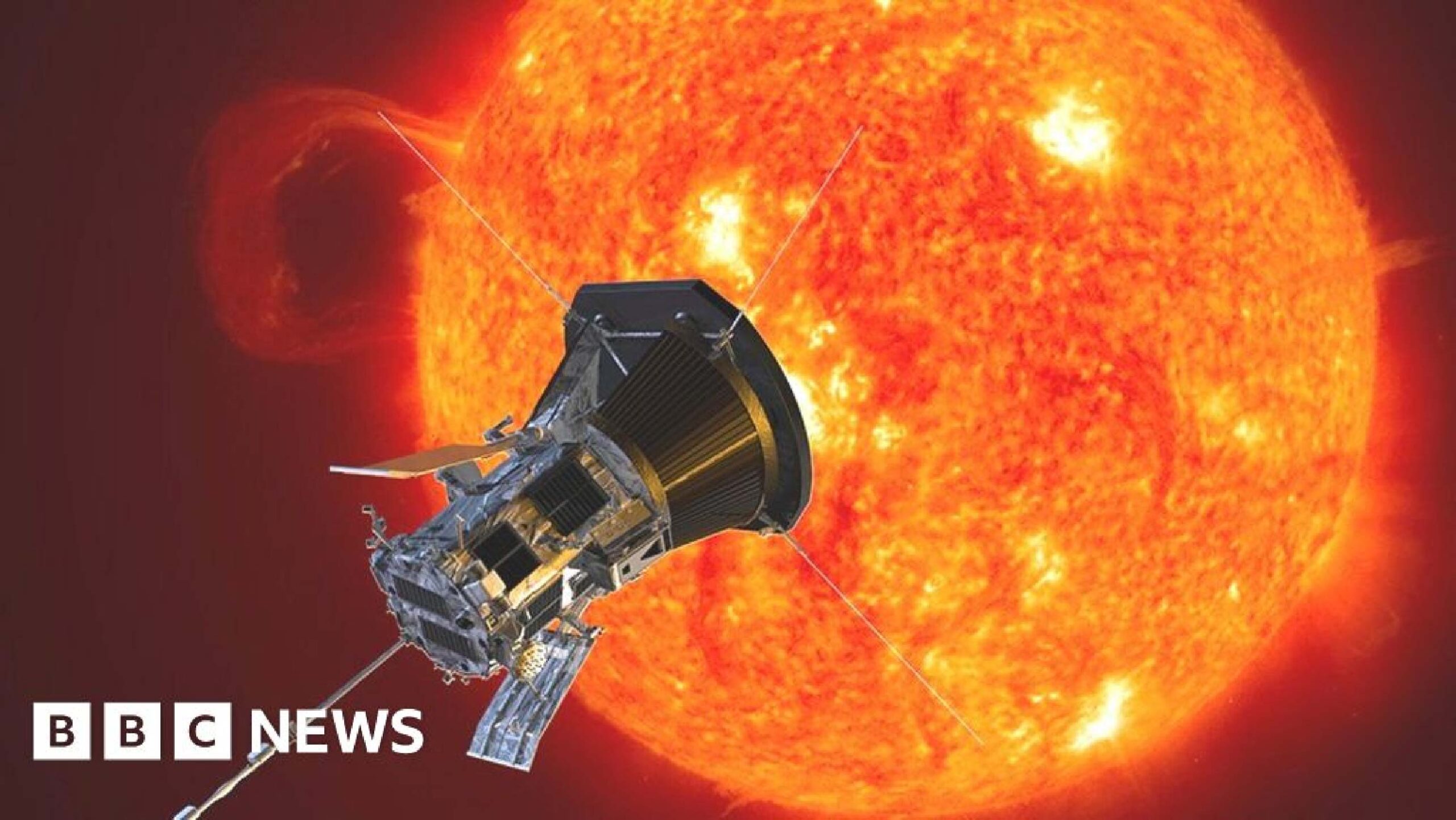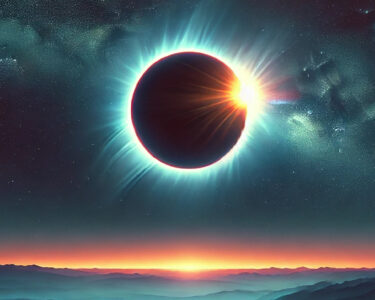The partnership between NASA, the pioneering space agency, and BBC News, a leading global news organization, has significantly reshaped the landscape of science communication. Together, they have forged a formidable alliance aimed at bringing the wonders of space exploration closer to audiences worldwide. This article delves into how their collaboration has revolutionized the dissemination of groundbreaking discoveries and insights into the cosmos.
Overview of NASA and BBC News Collaboration
NASA’s exploration efforts and discoveries are propelled into the global spotlight through BBC News’s extensive reach and comprehensive reporting. This collaboration goes beyond mere reporting; it involves in-depth coverage that explains the complexities of space missions and scientific breakthroughs in ways that resonate with diverse audiences.
BBC News acts as a conduit, translating NASA’s technical achievements into compelling narratives that captivate and educate the public. This synergy ensures that NASA’s missions, from planetary exploration to space telescopes, are not only documented but also celebrated as milestones of human ingenuity.
Recent Discoveries Covered by BBC News
BBC News has been instrumental in highlighting several of NASA’s recent groundbreaking discoveries, each contributing to our understanding of the universe and our place within it. One notable example is the discovery of exoplanets using the Kepler Space Telescope. This mission, supported by BBC News’s detailed coverage, unveiled distant worlds orbiting stars outside our solar system, expanding our knowledge of planetary systems beyond Earth.
Additionally, BBC News extensively covered the New Horizons mission’s historic flyby of Pluto. This encounter provided humanity with the first detailed images of Pluto’s surface, revealing a complex and dynamic world at the edge of our solar system. Through compelling visuals and expert analysis, BBC News brought the excitement and significance of this mission to audiences worldwide, sparking curiosity about the outer reaches of our celestial neighborhood.
Moreover, the Curiosity rover’s exploration of Mars has been a frequent topic of BBC News’s space coverage. From uncovering clues about Martian geology to searching for signs of past life, Curiosity’s findings have been meticulously documented by BBC News, offering insights into the Red Planet’s history and potential habitability.
Each of these discoveries, meticulously reported by BBC News, not only informs the public but also inspires future generations of scientists and explorers. By translating complex scientific data into accessible stories, BBC News plays a crucial role in fostering public interest and understanding of NASA’s missions and their broader implications for humanity’s quest to explore the cosmos.
Impact on Public Awareness and Interest
The collaboration between NASA and BBC News has had a profound impact on public awareness and interest in space exploration and scientific discovery. By providing comprehensive and engaging coverage of NASA’s missions and discoveries, BBC News serves as a vital bridge between the scientific community and the general public.
BBC News’s extensive reporting on NASA’s endeavors has helped demystify complex scientific concepts and missions, making them accessible to audiences of all backgrounds. Through articles, videos, interactive graphics, and live broadcasts, BBC News brings the excitement and wonder of space exploration directly into people’s homes and devices.
This increased accessibility not only informs but also inspires. BBC News’s storytelling prowess helps to ignite curiosity and passion for science among viewers of all ages, fostering a new generation of space enthusiasts and future scientists. The vivid portrayal of NASA’s achievements through BBC News’s platform encourages engagement and discussion, turning scientific milestones into shared cultural moments.
Furthermore, the collaboration enhances public support for space exploration initiatives. By showcasing the practical applications of NASA’s research and discoveries, such as advancements in technology, environmental monitoring, and understanding of our universe’s origins, BBC News underscores the importance of continued investment in scientific exploration.
Overall, the partnership between NASA and BBC News enriches public discourse on science and technology, contributing to a more informed and scientifically literate global community. As humanity ventures further into space, BBC News remains a trusted source for keeping audiences informed and inspired by the wonders of the cosmos.
Future Prospects and Collaborations
Looking ahead, the collaboration between NASA and BBC News holds promising prospects for further advancing science communication and public engagement. As NASA prepares for ambitious future missions, such as the James Webb Space Telescope and the Artemis program to return humans to the Moon and eventually to Mars, BBC News stands ready to continue its role as a premier platform for delivering comprehensive coverage and analysis.
The James Webb Space Telescope, scheduled to launch soon, promises to revolutionize our understanding of the universe with its advanced capabilities in observing distant galaxies, stars, and planetary systems. BBC News’s multimedia approach, including interactive simulations and expert interviews, will provide audiences with unprecedented insights into the telescope’s discoveries and their significance for cosmology and astrophysics.
Moreover, the Artemis program represents a historic initiative to return humans to the lunar surface, paving the way for future crewed missions to Mars. BBC News’s extensive coverage will document every stage of this endeavor, from lunar exploration to the development of sustainable space habitats and technologies. By highlighting the scientific, technological, and human aspects of these missions, BBC News will engage global audiences in the excitement and challenges of exploring new frontiers.
Technological advancements, such as virtual reality (VR) and augmented reality (AR), are also poised to enhance the viewer experience of space exploration through BBC News’s platforms. These immersive technologies will allow audiences to virtually step onto the surface of Mars or witness the deployment of the James Webb Space Telescope’s intricate instruments, creating educational and awe-inspiring experiences that spark curiosity and learning.
Through ongoing collaborations and innovative storytelling, NASA and BBC News will continue to inspire, educate, and captivate audiences worldwide. By sharing the wonders of space exploration and scientific discovery, they will shape the narrative of humanity’s future in space and foster a deeper appreciation for the limitless possibilities of exploration and discovery of Messi vs Ronaldo.
Conclusion
The collaboration between NASA and BBC News represents a synergy of scientific exploration and journalistic excellence, fostering a deeper understanding and appreciation of our universe among audiences globally. Through compelling storytelling, insightful reporting, and groundbreaking discoveries, this partnership has not only informed the public but also inspired generations to dream big and reach for the stars.
BBC News’s role in translating NASA’s complex missions and discoveries into accessible narratives has been instrumental in cultivating public interest and support for space exploration. By showcasing the beauty and significance of scientific achievements, BBC News has transformed NASA’s milestones into shared cultural experiences that resonate across borders and generations.
Looking forward, as NASA embarks on new frontiers with missions like the James Webb Space Telescope and the Artemis program, BBC News stands poised to continue its legacy of excellence in science communication. Together, they will illuminate the mysteries of the cosmos, expand our understanding of the universe, and inspire future scientists, engineers, and explorers to push the boundaries of human knowledge.
In conclusion, the collaboration between NASA and BBC News is not just about reporting news; it is about igniting curiosity, fostering scientific literacy, and celebrating the human spirit of exploration. As we look ahead to the next chapter of space exploration, we can be certain that NASA and BBC News will continue to be our guides, opening our eyes to the wonders of the universe and inspiring us to reach for the stars.
FAQs
What types of discoveries has NASA collaborated with BBC News on?
NASA and BBC News have collaborated on a wide range of discoveries, including the detection of exoplanets, exploration of Mars with rovers like Curiosity, and missions like New Horizons’ flyby of Pluto. Each discovery is meticulously covered to highlight its significance and impact on our understanding of the universe.
How does BBC News contribute to public awareness of NASA’s missions?
BBC News plays a critical role in translating NASA’s complex scientific achievements into accessible stories that captivate global audiences. Through articles, videos, and interactive content, BBC News fosters public interest and understanding of space exploration and scientific discovery.
What future missions are NASA and BBC News preparing to cover?
Upcoming missions include the James Webb Space Telescope, set to revolutionize our view of the cosmos, and the Artemis program, aiming to return humans to the Moon and beyond. BBC News will provide extensive coverage, offering insights into these groundbreaking missions and their implications for space exploration.
How can I stay updated on NASA and BBC News collaborations?
Stay informed by following BBC News’s dedicated space section and NASA’s official channels, where you can find the latest updates, discoveries, and in-depth analyses of their collaborative efforts in space exploration.






